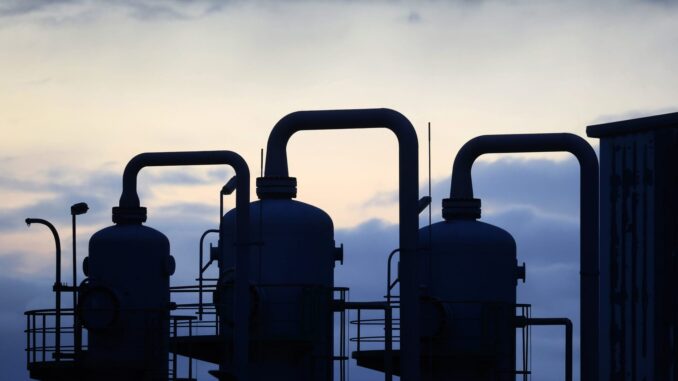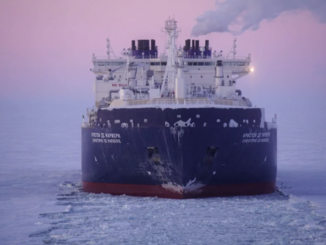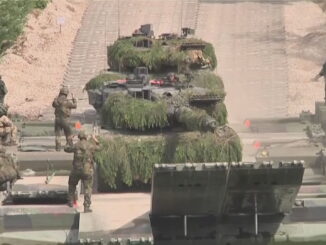
- The International Energy Agency’s executive director says close to 90% of European gas storage is full.
- “So this winter is difficult, but next winter may also be very difficult,” the executive director of the International Energy Agency warned.
- Faith Birol’s comments come at a time when Europe is scrambling to shore up energy supplies as the war in Ukraine continues.
The executive director of the International Energy Agency on Wednesday said that while Europe’s gas storage for this winter was nearly full, the following one could pose a significant challenge.
Taking questions following a meeting of the Economic Council of Finland, Fatih Birol said close to 90% of gas storage was full in Europe.
“I would have preferred that the European countries were much more nimble, much … faster, to react to our recommendations,” he told reporters, referencing the IEA’s 10-point plan on how to reduce Europe’s reliance on Russian gas following the Kremlin’s invasion of Ukraine.
“But where we are is not bad and I expect if there are no surprises — political and technical surprises — and if the winter … is a normal winter, Europe can go through this winter with some bruises here and there, but we can come to February and March.”
At this point, Birol said storage levels will likely have dropped to between 25% and 30%. “So the question is, how do we go from 25% or 30% to, once again, [for the] 2023 winter … 80-90%?”
“What helped us this time, [is that] we still imported some gas from Russia in the last few months,” he said. In addition, China had imported “less gas than it would have otherwise” due to what Birol called “very sluggish economic performance.”
The scenario, Birol, said, could change in 2023, especially with regard to China. “Next year, if Chinese gas imports increase with the Chinese economy coming back, it will be [a] rather difficult few months starting from March to next winter.”
“So this winter is difficult, but next winter may also be very difficult as well,” he said, adding that preparations for the latter period needed to start today.
Birol’s comments come at a time when Europe is scrambling to shore up energy supplies as the war in Ukraine continues.
Russia was the biggest supplier of both petroleum oils and natural gas to the EU last year, according to Eurostat, but in a report published on Monday, the IEA said gas exports from Russia to the European Union had seen a significant decline this year.
“Despite available production and transport capacity, Russia has reduced its gas supplies to the European Union by close to 50% y-o-y since the start of 2022,” the Paris-based organization’s latest Gas Market Report said.
“In the current context, the complete shutdown of Russian pipeline gas supplies to the European Union cannot be excluded ahead of the 2022/23 heating season — when the European gas market is at its most vulnerable,” the report added.
In a sign of how challenging the current situation is, energy firm Orsted recently announced it would continue or restart operations at three fossil fuel facilities after being ordered by Danish authorities to do so.
In a statement over the weekend, Orsted — whose biggest stakeholder is the Danish state — said the direction had been made “to ensure the security of the electricity supply in Denmark.”
A few days before Orsted’s announcement, another big European energy firm, Germany’s RWE, said three of its lignite, or brown coal, units would “temporarily return to [the] electricity market to strengthen security of supply and save gas in power generation.”
RWE said each of the units had a 300-megawatt capacity. “Their deployment is initially limited until 30 June 2023,” it added.



